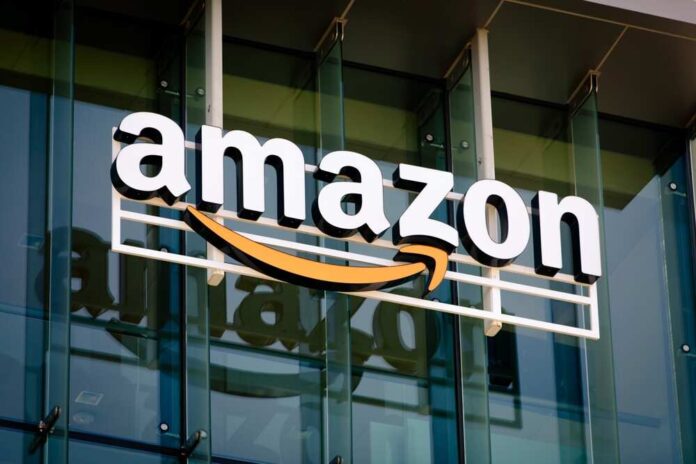
In a stunning development, Amazon has officially challenged Elon Musk’s space dominance by entering the satellite internet market.
The Jeff Bezos-founded company has launched its first batch of 27 Project Kuiper satellites from Cape Canaveral Space Force Station in Florida.
Amazon is now positioned to challenge Musk’s Starlink dominance, potentially breaking up what many argue is a monopoly.
Analysts welcome the change, asserting that a competitive market offers more options for rural Americans seeking reliable internet service.
Following a weather-related delay, the United Launch Alliance’s (ULA) Atlas V rocket successfully carried the satellites into space.
“We had a nice smooth countdown, beautiful weather, beautiful liftoff, and Atlas V is on its way to orbit to take those 27 Kuiper satellites, put them on their way and really start this new era in internet connectivity,” said ULA systems engineer Caleb Weiss.
The satellites were released at about 280 miles above Earth but will eventually reach an operational altitude of nearly 400 miles.
Amazon must deploy 1,618 satellites by July 2026 to meet Federal Communications Commission requirements.
The timeline explains why the company has booked over 80 launches with various partners, including ULA, SpaceX, Arianespace, and even Bezos’s own Blue Origin.
Amazon is investing up to $10 billion in the Kuiper network with plans to begin commercial service later this year.
CEO Andy Jassy has told investors the satellite internet service could become “a meaningful operating income and ROIC business for us.”
The new satellites feature important design considerations, including a special mirror film coating to reduce reflected sunlight.
This concession was made as astronomers were concerned about light pollution.
“There are some things you can only learn in flight,” said Project Kuiper vice president Rajeev Badyal. “No matter how the mission unfolds, this is just the start of our journey.”
SpaceX currently leads the satellite internet market with over 8,000 Starlink satellites launched since 2019, with roughly 7,000 still operational.
European-based OneWeb maintains several hundred satellites in a higher orbit but has struggled to match Starlink’s commercial success and global reach.
Amazon’s entry creates a truly American-dominated industry that benefits rural communities, which traditional telecommunications companies often overlook.
Project Kuiper aims to eventually deploy over 3,200 satellites to provide global broadband service.
Two test satellites were previously launched in 2023, but this latest batch represents the first major deployment for Amazon’s network.
For rural Americans and others living in remote areas with limited internet options, Project Kuiper represents another solution to bridge the digital divide.
The competition between Amazon and SpaceX is expected to drive improved service and lower prices, ultimately benefiting consumers.
As Amazon works to establish its satellite network, investors are closely watching the company’s upcoming earnings report for details on capital expenditures related to Project Kuiper.































